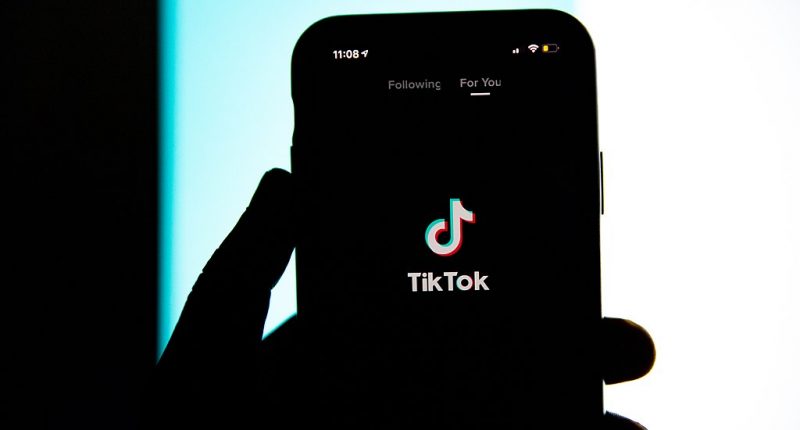After being banned for 11 days over concerns of ‘immoral and indecent’ content, the infamous short video sharing app TikTok makes a come-back in Pakistan; but, conditions apply.
TikTok will now be required to follow the Pakistan Telecommunications Authority’s instructions, and actively moderate content on its app. The stakes are higher than they have ever been before, as failing to get the PTA’s approval will likely result in another ban.
The lifting of the ban comes after an agreement between the Pakistan Telecommunication Authority and TikTok’s senior management.
ByteDance’s TikTok was banned in Pakistan on 9th October. The ban followed after warnings from the PTA for not complying with censorship and content regulation instructions. However, there was a ray of hope, as after the ban was put into action, the authority said that it was open to engagement, noting that it will review its decision if TikTok is willing to establish a mechanism to moderate ‘unlawful content’.
TikTok, as expected, decided to follow into line, and has assured that it is going to strictly moderate the content on its app according to the societal norms and the laws of Pakistan. Moreover, it has also assured the authorities that it will ban users who display a pattern of uploading unlawful content.
India, which was home to TikTok’s biggest user base, banned the Chinese-owned app over national security concerns in June. U.S. soon followed, seeking to ban the app, but over the months, it has turned into a power struggle between U.S. and China. While the proposed negotiations involving Oracle and Walmart taking stakes in a new company called TikTok Global, are likely to stop the ban in the country, the future of TikTok in U.S. remains uncertain. A court recently did provide some reprieve to the app, ordering a delay in Trump’s executive order.
Pakistan has witnessed a gradual rise in internet censorship. The government forcefully compelling companies like ByteDance to agree with the country’s censorship model only raises further concerns about the internet freedom in Pakistan.
The Tech Portal is published by Blue Box Media Private Limited. Our investors have no influence over our reporting. Read our full Ownership and Funding Disclosure →






